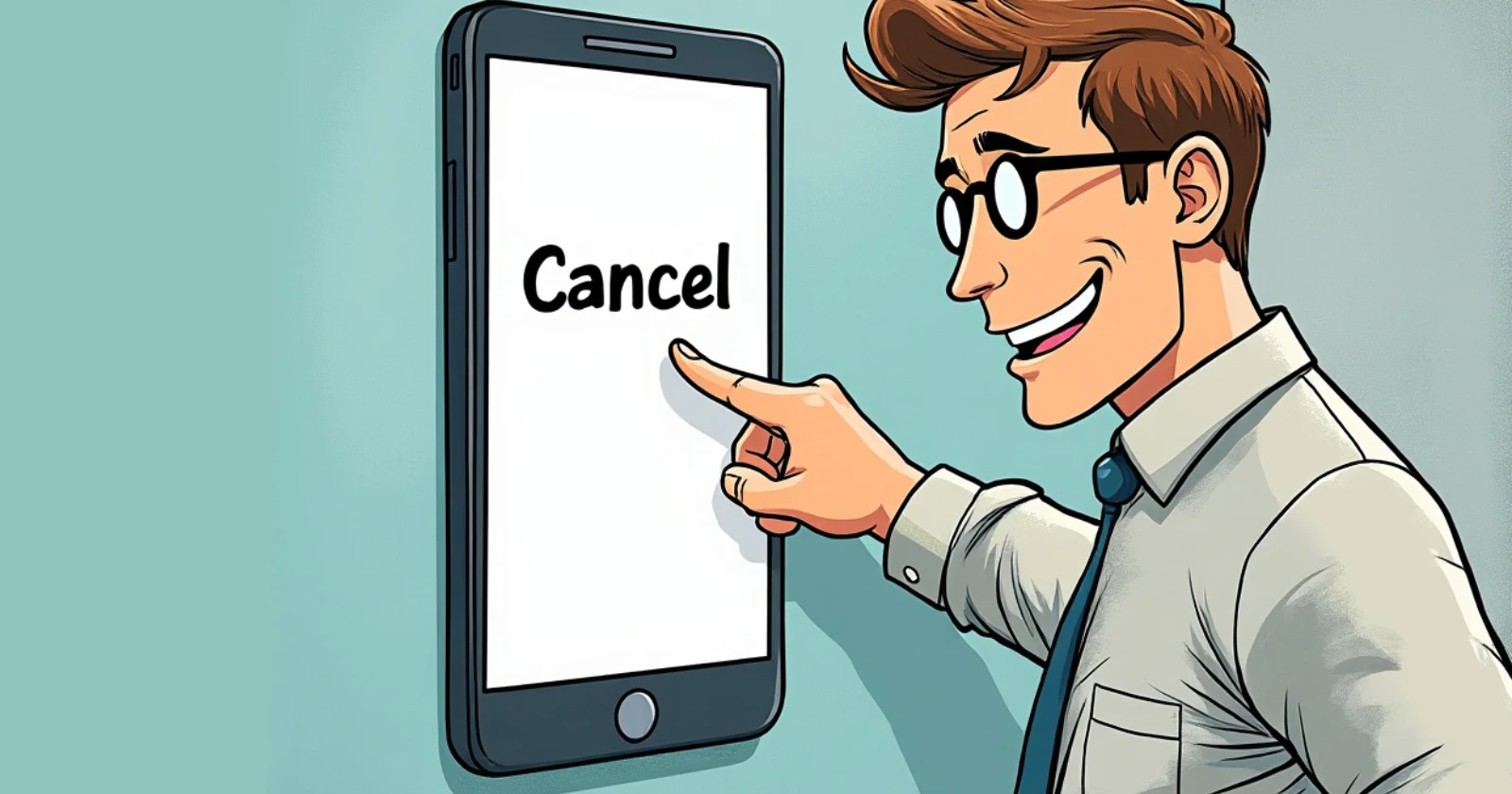Update 24/10/24 09:10 am (IST): Unsurprisingly, members of certain industries aren’t quite happy with FTC’s decision to make canceling subscriptions easy. As reported by Reuters, three industry groups, representing telecom companies, home security companies, and internet advertisers, are suing the FTC to block its new “Click to Cancel” rule. They argue that the rule is arbitrary, capricious, and an abuse of discretion and that it unfairly benefits consumers at the expense of businesses. The groups claim that the rule applies too broadly, encompassing all types of automatically renewing subscriptions, from gym memberships to Amazon Prime.
Original article published on October 17, 2024, follows:
The U.S. government is cracking down on companies that make it difficult for consumers to cancel online subscriptions and memberships. On October 16, 2024, the Federal Trade Commission (FTC) finalized its new “Click-to-Cancel” rule, which aims to simplify the process of canceling recurring services and memberships.
For years, many businesses, especially streaming platforms like Netflix, Hulu, and Disney+, have been using “negative option marketing” to keep customers locked into subscriptions. This marketing tactic assumes that unless a customer actively opts out, they agree to continue paying for a service. If you’re paying monthly subscriptions, you’ll know exactly how this feels.
Consumers have long voiced frustration about how easy it is to sign up for these services but how frustrating it becomes to cancel them. Instead of a straightforward process, companies have often forced users through multiple steps, like calling customer service, navigating confusing menus, or listening to upsell pitches, before finally allowing cancellation. The FTC received nearly 70 consumer complaints per day on average in 2024 regarding these practices.
A couple of months ago, an Adobe Creative Cloud subscriber took to YouTube to expose the company’s unethical practice of making it very hard to toggle off auto-renewal or remove payment details. You can watch the video below for reference:
The new rule addresses these issues head-on. The Click-to-Cancel rule will now require businesses to make it just as easy to cancel a subscription as it is to sign up for one. For example, if a service allows a one-click online sign-up, the cancellation process must be just as simple. Additionally, if customers sign up for a service in person, they must be able to cancel in person or by phone.
FTC Chair Lina M. Khan summed it up: “Too often, businesses make people jump through endless hoops just to cancel a subscription. The FTC’s rule will end these tricks and traps, saving Americans time and money.”
In addition to making cancellations easier, the new rule will also:
- Prohibit false or misleading claims about the terms of a subscription.
- Require clear disclosure of all key terms before obtaining a consumer’s billing information.
- Obtain informed consent from consumers before charging them.
The new rule will take effect 180 days after it’s published in the Federal Register, giving companies time to adjust their practices. While some businesses may push back against the changes, this rule should make life a little easier for those who opt for subscription services. Let us know your thoughts in the comments section below!
Featured image: AI-generated using Grok
TechIssuesToday primarily focuses on publishing 'breaking' or 'exclusive' tech news. This means, we are usually the first news website on the whole Internet to highlight the topics we cover daily. So far, our stories have been picked up by many mainstream technology publications like The Verge, Macrumors, Forbes, etc. To know more, head here.


